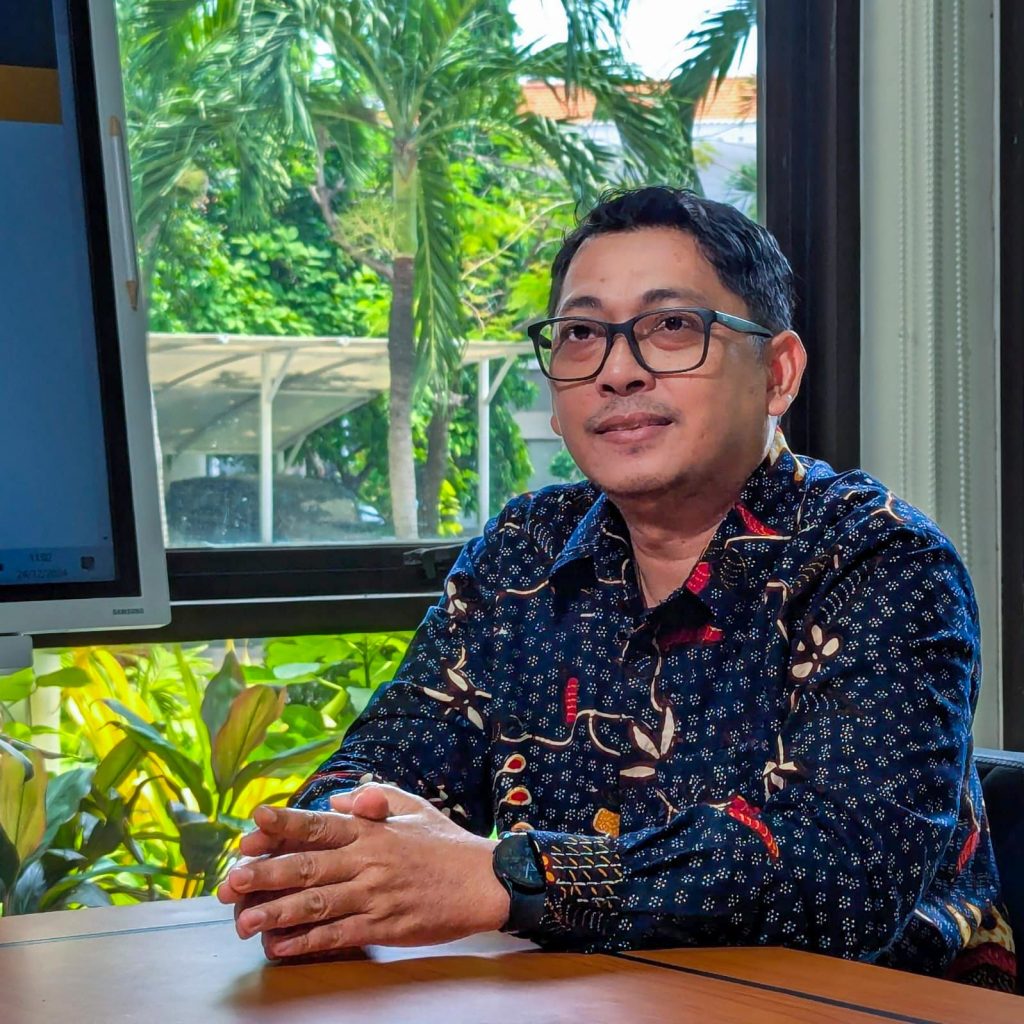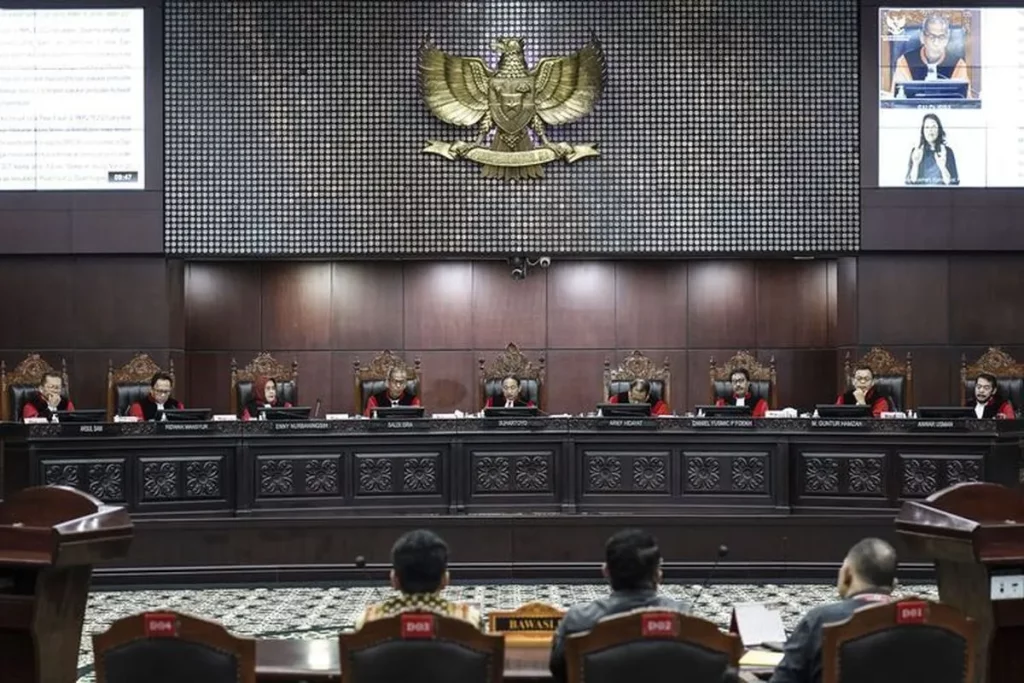UNAIR NEWS – The Constitutional Court (MK) has officially revoked the minimum percentage requirement for nominating presidential and vice-presidential candidates, commonly referred to as the presidential threshold. The decision, announced during a session on Thursday, January 2, 2025, has sparked diverse reactions from various parties, as it is expected to significantly impact Indonesia’s political dynamics.
Ali Sahab SIP MSi, a lecturer and political analyst at Universitas Airlangga (UNAIR), shared his perspective on the ruling in an interview conducted on Friday, January 10, 2025. He described the decision as both an opportunity for broader representation and a potential source of new challenges.
Risk of political instability
Sahab pointed out that removing the threshold creates more opportunities for smaller political parties and independent candidates to participate in national elections.
“Without the threshold, smaller or non-parliamentary parties can now nominate presidential and vice-presidential candidates. This decision also challenges major parties to take the nomination process more seriously by presenting qualified candidates who genuinely appeal to the public,” he explained.
Despite these opportunities, Sahab warned of potential instability, particularly if winning candidates come from coalitions of smaller parties. He also noted that independent candidates or those unaffiliated with major parties could alter the dynamics of the political arena.
“A winning candidate from a coalition of smaller parties might struggle to secure strong parliamentary support, which could lead to instability in governance,” he cautioned.

Promoting inclusive political participation
On regulatory and implementation aspects, Sahab stressed the importance of careful planning and oversight as Indonesia transitions to this new system. Clear guidelines and consistent enforcement are essential to preserving stability while ensuring a fair and competitive electoral process.
This decision also paves the way for greater public engagement in shaping the country’s political future. “Voters must make informed decisions by choosing candidates with realistic and effective programs aimed at improving people’s welfare,” he emphasized.
Sahab concluded by highlighting the decision as an opportunity for major political parties to reflect on their performance and renew their commitment to prioritizing the interests of the broader population.
Author: Adinda Aulia Pratiwi
Editor: Khefti Al Mawalia









